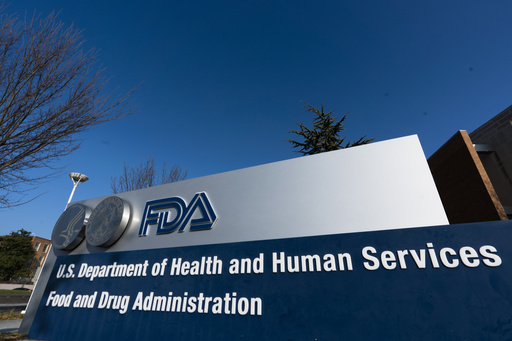Federal health regulators have rejected the application for the psychedelic drug MDMA to be approved as a therapy for PTSD. The FDA declined the approval, stating that the data provided by drugmaker Lykos Therapeutics was insufficient, and requested an additional late-stage study, which could take several years and millions of dollars to conduct. If approved, MDMA would have been the first illegal psychedelic to become a federally approved medicine, opening the door for other hallucinogenic drugs to be used in mainstream medicine.
This decision from the FDA follows a negative vote by government advisors in June against the use of MDMA for post-traumatic stress disorder, citing concerns over study data, research methods, and potential risks of the drug, such as heart problems, injury, and abuse. The FDA highlighted “significant limitations” in the MDMA application, preventing the agency from deeming the drug safe and effective for the proposed indication, despite the agency’s ongoing encouragement of innovation in psychedelic treatments.
Lykos CEO Amy Emerson expressed disappointment over the FDA’s request for another study, mentioning the impact on millions of individuals suffering from PTSD, including military veterans, first responders, and victims of various traumas. The Multidisciplinary Association for Psychedelic Studies (MAPS), a leading psychedelic advocacy group that funded the initial MDMA studies, has been at the forefront of researching the medical applications of psychedelics that major pharmaceutical companies have been reluctant to support.
Although MDMA’s approval as a therapy for PTSD has faced a setback, experts believe that other psychedelics may have better chances with the FDA in the future. This rejection comes as part of a resurgence of interest in exploring the therapeutic potential of psychedelics, with MDMA being the first in a series of psychedelics expected to undergo FDA review in the coming years. The use of psychedelics in psychotherapy is not new, with MAPS conducting studies on MDMA for over a decade, and other drug developers studying substances like psilocybin and LSD for various mental health conditions.


